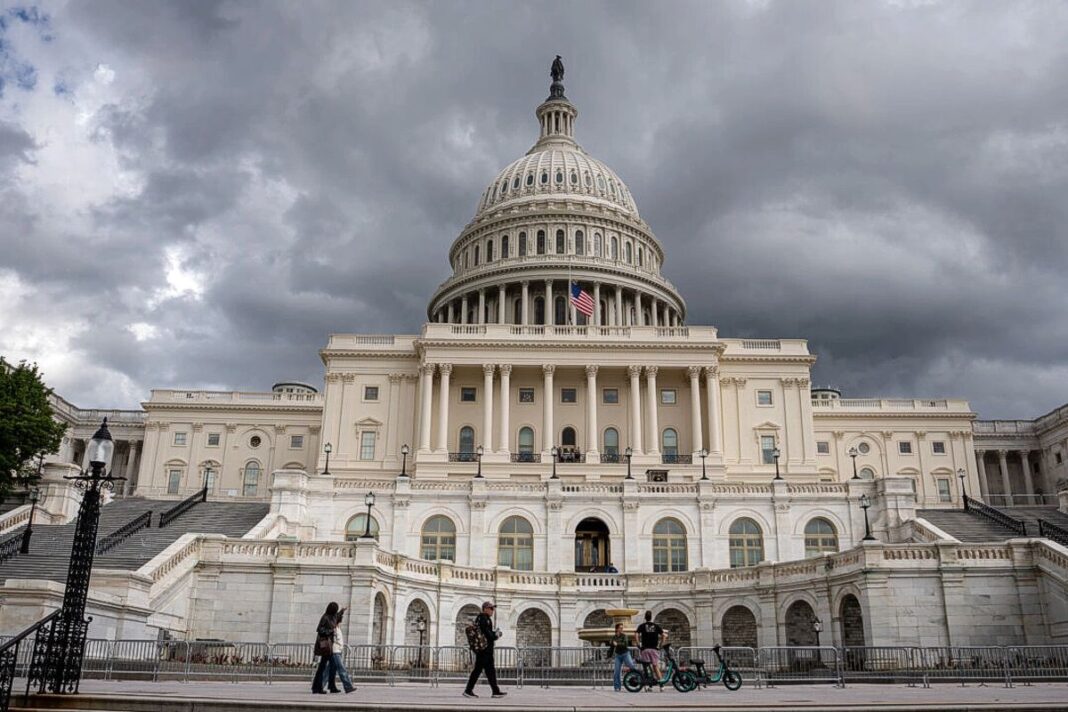The ‘Byrd Rule’ states that reconciliation bills must relate to the federal budget, government revenue, and the national debt.
Senate Parliamentarian Elizabeth MacDonough ruled over the weekend that some key provisions, such as one on immigration, did not meet the Senate’s reconciliation rules and could not be included in the GOP’s One Big Beautiful Bill Act to enact President Donald Trump’s signature legislative agenda items.
The measures need to be in line with what is called the “Byrd Rule.” Named for the late U.S. Sen. Robert Byrd (D-W.Va.), the rule states that reconciliation bills must relate to the federal budget, government revenue, and the national debt.
One of the provisions ordered to be stripped out of the bill was the allowance of states to conduct border and immigration enforcement. The federal government is in charge of border security and immigration policy.
Another was the nonapplication of civil service protections for new federal employees. This would have reduced their pay if they didn’t agree to be “at-will” employees.
Civil service rules make it difficult to fire longtime federal employees. The Trump administration has eliminated positions, through recommendations made by the Department of Government Efficiency, of probationary employees across federal agencies.
A third provision cut out of the bill would have applied a $350 fee for those filing a case with the Merit Systems Protection Board, which oversees appeals by terminated federal employees.
Another would have included bonuses for agencies that cut costs.
A provision that would have charged federal labor unions a quarterly fee to use government resources was also ruled out of order.
A measure to sell the U.S. Postal Service’s fleet of electric vehicles was deemed not germane.
Additionally, provisions that would have allowed the reorganization or elimination of federal agencies in addition to “prohibiting agencies from implementing, administering, or enforcing any rules with budgetary effects that are not explicitly required by statute” were ruled ineligible under reconciliation rules.
Judiciary provisions in the bill were also deemed out of order.
One included making sanctuary cities such as Chicago ineligible for federal funding, while another allowed local and state authorities to arrest people in the country illegally.
However, conservatives such as Rep. Marjorie Taylor Greene (R-Ga.) have come out against this measure. She said she would not vote again for the bill if it had this provision.








